Almost a fifth of all administrations of the overdose reversal drug Naloxone by police officers in Scotland have occurred in Dundee.
Officers began carrying the medicine back in 2021 when Dundee was one of five areas chosen to be part of a pilot scheme aimed at tackling drug-related deaths.
Caithness, Falkirk, Glasgow and Stirling were also involved.
The scheme was eventually rolled-out nationwide, with the force completing this last month.
Naloxone works by blocking the effects of opioids, restoring normal breathing within two to three minutes in a person whose breath has slowed, or even stopped, as a result of an overdose.
New figures from Police Scotland have now revealed the medicine was used by officers in Dundee 57 times between April 2021 and August this year.
This is almost a fifth of the 325 occasions officers used Naloxone across Scotland in the same period.
Naloxone has been used by Dundee officers a further three times in September, bringing the total number of uses of the medicine to 60.
As of September 15, it has been used 18 times in the city this year – up from the 16 occasions it was administered in 2022.
The figures, obtained through a Freedom of Information request, also show the drug has been used a total of 78 times by officers across the Tayside region.
Naloxone training encouraged
Dundee City Council alcohol and drugs spokesperson councillor Nadia El-Nakla said: “Agencies across Dundee including Police Scotland are working together to reduce the harm caused by drugs and to help save lives.
“The roll-out of naloxone in the city is an important component in that strategy, as is the non-fatal overdose approach which engages with people immediately and intensively to try and prevent them from experiencing another overdose.
“I have attended naloxone training and would encourage others to do so, we have the opportunity to save lives.
“The council, and its partners, are determined that our city can be a better place for everyone, so that people can avoid the dangers of drugs and the suffering caused to individuals, families and communities.”
Chief Superintendent Phil Davison, Divisional Commander for Tayside added: “Naloxone is part of that public health approach. We’ve had positive outcomes in the overwhelming majority of incidents, and I am in no doubt that by doing so, our officers have saved lives.
“I very much hope that by officers carrying it in a highly visible manner, it will encourage other people to learn about Naloxone, and consider carrying it themselves.”
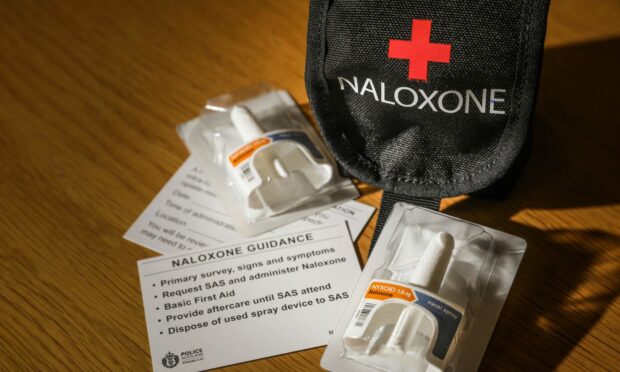


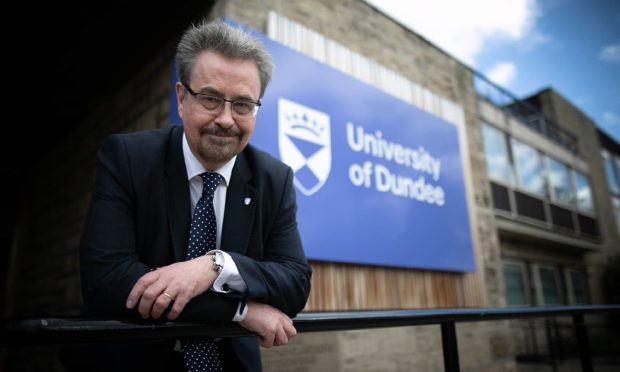
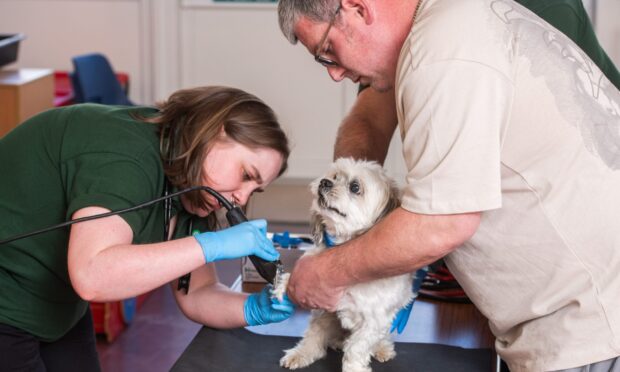


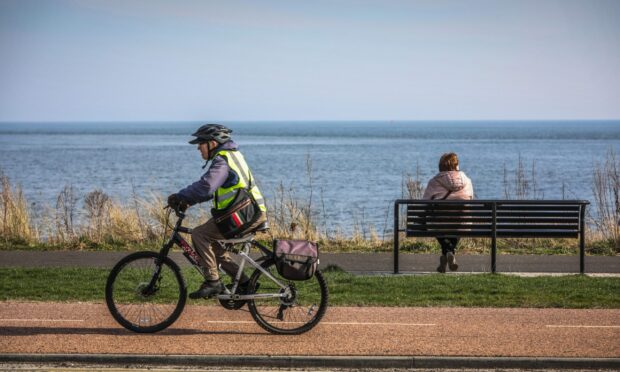

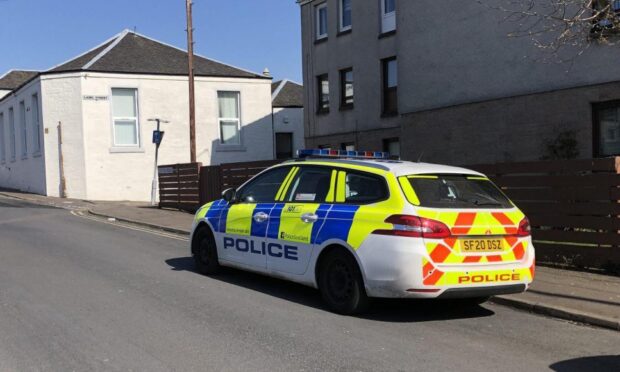
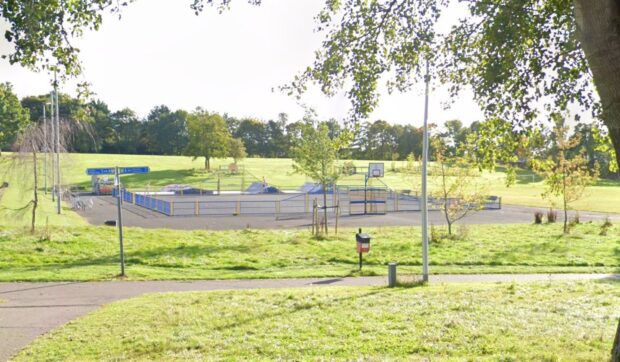

Conversation